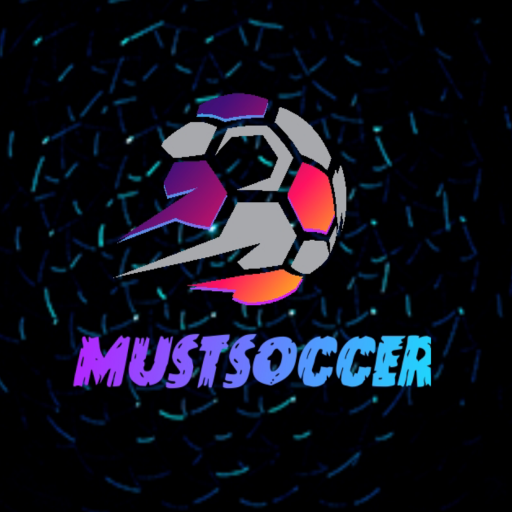LaMelo Ball, the 23-year-old All-Star guard for the Charlotte Hornets, found himself in hot water after using anti-gay language in a post-game interview, drawing a hefty $100,000 fine from the NBA.

The incident occurred on Saturday night after the Hornets upset the Milwaukee Bucks 115-114. When asked about the team’s defense against Giannis Antetokounmpo, who had already recorded a triple-double, Ball made a reference to “loading up” on defense, but then added the phrase “no homo” — a term often used to distance oneself from any suggestion of homosexuality. While the term “loaded up” in basketball jargon typically refers to a defensive strategy, the phrase “no homo” has a history of being used to imply discomfort or mockery of same-sex attraction, a sentiment that many consider derogatory.
The NBA swiftly fined Ball the maximum penalty under the league’s collective bargaining agreement for making what they deemed an “offensive and derogatory comment.” However, the fine, which represents a small fraction of Ball’s earnings, appears to have done little to deter him. The amount, less than 0.3% of his annual salary, seems like a minor inconvenience in the context of his $204 million contract. Ball’s response to the fine further underscored his lack of contrition. On Sunday, he appeared to mock the punishment with a tone-deaf Instagram post referencing P. Diddy, who has faced legal issues, including sex trafficking accusations. Ball’s subsequent apology felt perfunctory and insincere, offering little more than a vague statement of not intending to offend anyone and professing love for “everybody.”
This is not the first time an NBA player has faced backlash for homophobic language. The league has previously fined players like Anthony Edwards and Kevin Durant for similar comments, yet these fines seem more like a cost of doing business than a serious deterrent. Public reaction, particularly on social media, shows that a significant portion of NBA fans doesn’t seem to mind such incidents, and many continue to view homophobic language as just part of the locker room culture. For Ball, a talented but still maturing player, this situation highlights how deep-rooted casual homophobia remains in professional sports.
While telling a homophobic joke doesn’t make Ball an irredeemable figure, his dismissive attitude and lack of a meaningful apology reflect how these attitudes are often normalized, even at the highest levels of competition. The NBA’s reliance on monetary fines as punishment for such behavior is unlikely to lead to real change. Until the league, its players, and their teams make a more genuine commitment to fostering an inclusive and respectful environment, anti-gay language will likely continue to linger in the culture. Ball’s case is just the latest example of how the league’s surface-level penalties do little to address the underlying issue.

